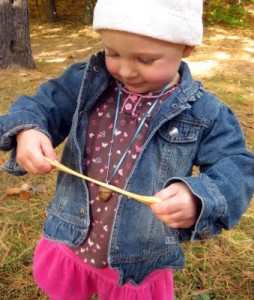Today Birgitta and I took Jack to the vet for treatment of what we thought might be an ear infection. We were right, and we left the office with 4 prescriptions to cure him. But that wasn’t all.
While we were there, our well-padded dog had to get on the scale, and the news wasn’t good. His Kibbles ‘n Bits have been agreeing with him a little too much, and since his last weigh-in, he’s put on 9 new pounds. His grand total is a smidgen below 90, and the doctor recommended a weight of 70, “at the most.”
The lethargy we’ve noticed lately in Jack might be unrelated to ear troubles (as we thought) and more a result of extra girth. The truth is he won’t live as long, feel as good, or enjoy life as much if he holds onto those 20 bonus pounds.
I’ve never been sure how much we should feed Jack, and we’ve been using a plastic scoop-cup to guesstimate his dinner each day. Today we brought the cup with us, for some professional guidance.
“Do you fill it to the brim?” the vet said.
“Yes,” I said.
“Do you know how many cups are in this container?”
“About three,” I said.
“Let’s find out,” he said.
It turns out Jack has been getting nearly twice as much food as he needs. As they say, my bad. Tomorrow we officially begin his weight loss program, though we plan to do the dinnertime-downscale just a bit at a time.
It’s hard to say “no” to Jack’s pleading brown eyes. He demands virtually nothing from us and gives back a great deal. Depriving him of food, his #1 crave, seems mean, yet all those extra pounds are hurting him. I hope we can discipline ourselves to stick with it, and I hope he can get leaner.
None of us likes to be kept away from the things we crave. All we have to do is check bookstore shelves to know most of us aren’t good at denying ourselves, and it isn’t just food. We need help breaking the bonds of bad habits in all categories, anything we do that’s hurting us or those around us.
Jack’s extra weight came to him one unnoticeable ounce at a time, and that’s how all habits begin, with steady repetition of one small behavior. The encouraging thing is that good habits are also formed this way. Our cravings can be good ones, the kinds we can freely satisfy. How can we tell the difference? If our craving moves us closer to God rather than farther away, we can go for it.
My personal opinion is that Jack couldn’t get any more handsome, but who knows what a 20 pound drop might do for him.
“They willfully put God to the test by demanding the food they craved.” (Psalm 78:18)






